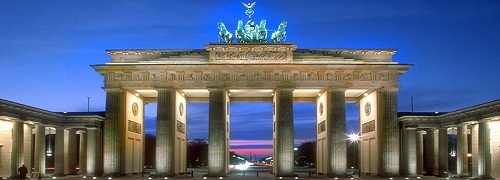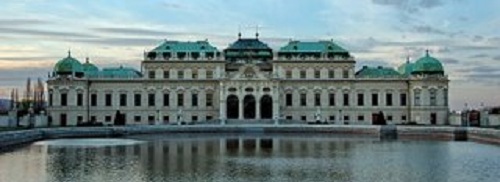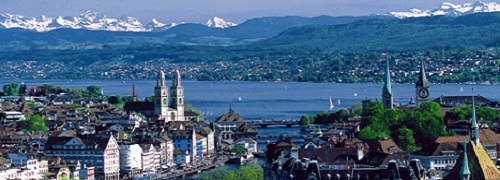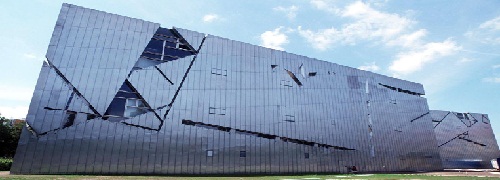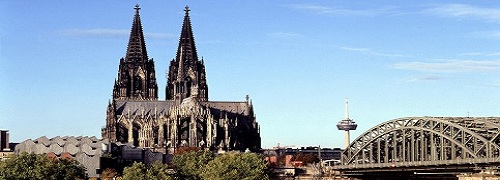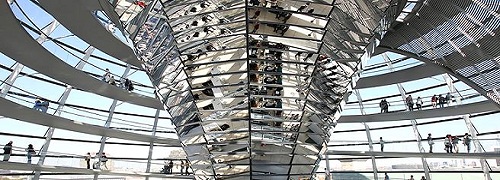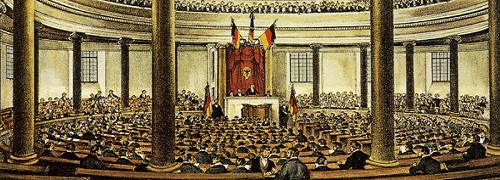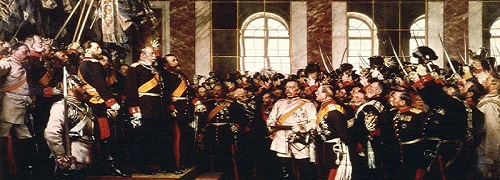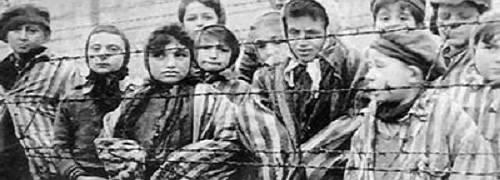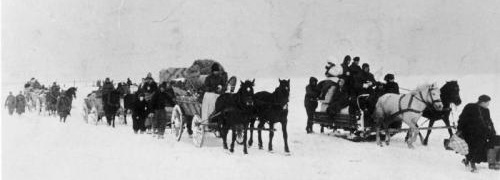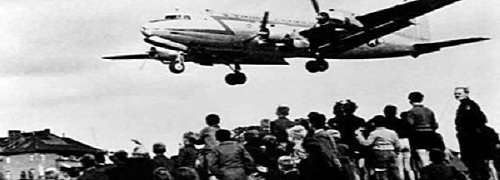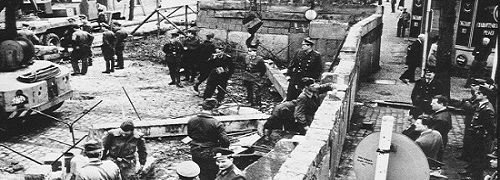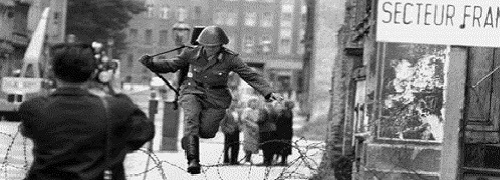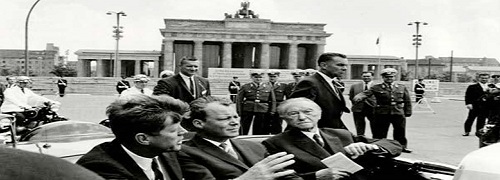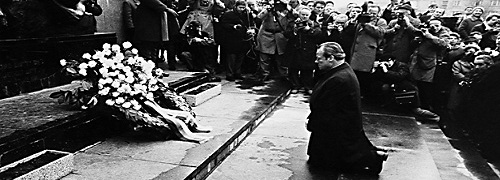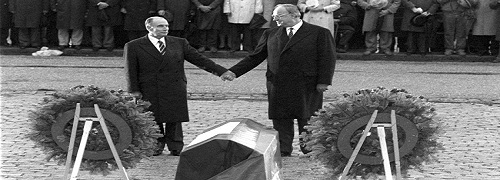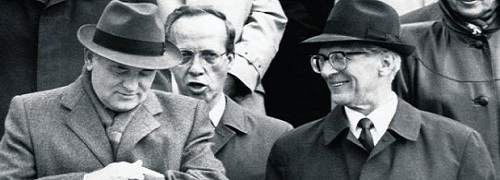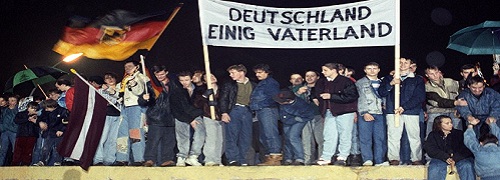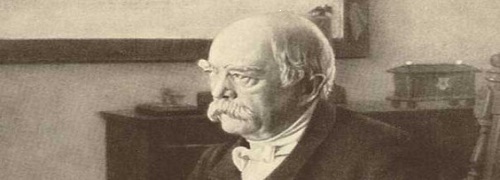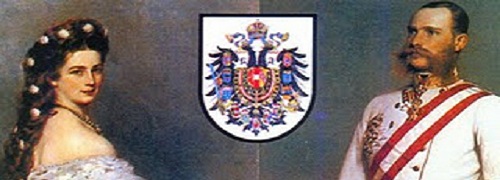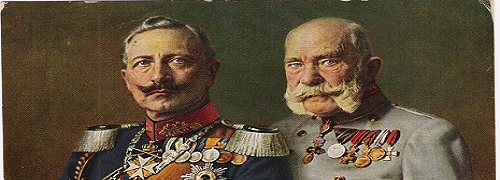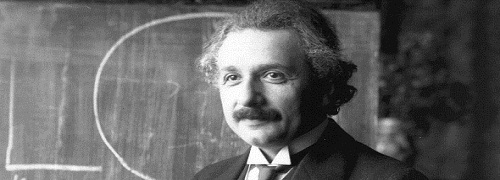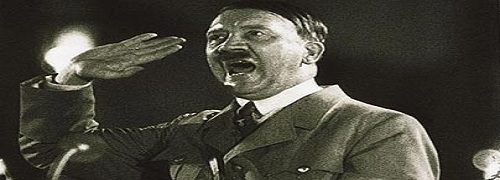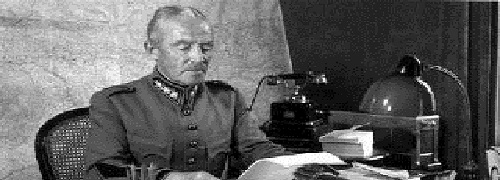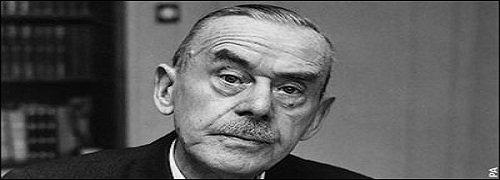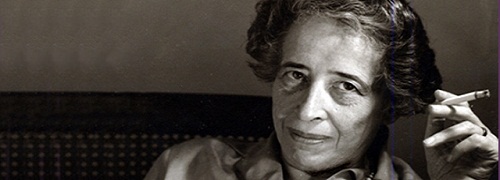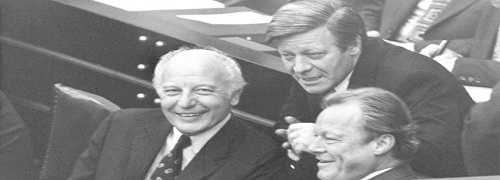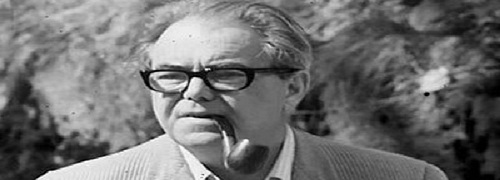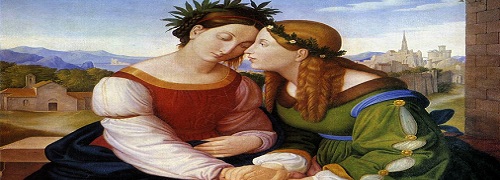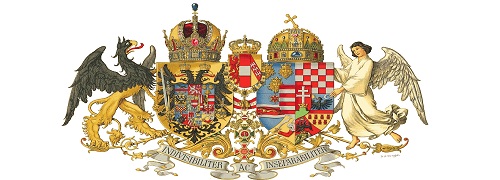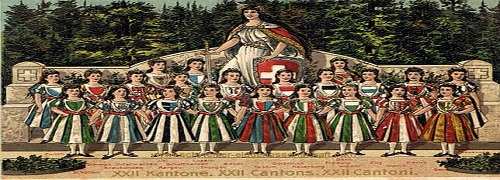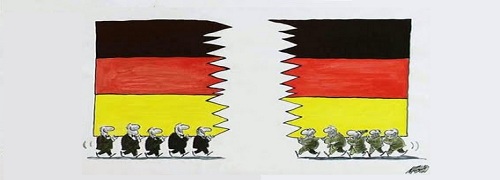Wars and Peace – CfP IRAHSSE
Call for papers
For the Second Conference
of the International Research Association
for History and Social Sciences Education – IRAHSSE
University of Fribourg Switzerland September 4th – 6th, 2014
Wars and Peace : Educational Issues
« Poison gas and Big Berthas might be the deadly fruits of verifiable science, but the impulse to sue them grew out of those stories we tell ourselves. So should we not try to understand their power better, to see how stories and historical accouts are put together and what there is about them that leads people either to live together or to maim and kill each other ? »
(Bruner, J. S., 1996). Teaching The Present, Past, and Possible. The Culture of Education. Cambridge US – London : Harvard University Press, 90.
Wars and conflicts have always played an important role in the study of history, human geography and social sciences. From “battle history”, the fundamental objects of traditional history programs based on political history, has been to the identity purposes of programs which focus on the main events that have shaped the history of the nation, The history of wars functions by arousing student emotions. Indeed, these emotions are influenced by the revival of tragic aspects of past conflicts as well as by the connections between past conflicts and current issues.
Teaching practices related to the history of war have greatly evolved since the XIXth century. At the beginning these practices were regularly associated with nationalism and militarism, which in turn is inevitably linked. Later, after the Second World War, the history of wars has generally lost its identity aspect and its ethnocentric stance gave way to a less engaged, more plural, discourse. This trend differs from State to State, but currently we are witnessing in relation to it to the rise of peace education with a strong historical basis together with the contributions of citizenship education or social psychology expertise.
A Triple Educational Challenge
The aims of this conference is to examine ways of approaching such issues with regards to school politics, resources and common teaching practices. A specific focus is on empirical research and the impact of literacies targeting a new type of narrative. The issue is articulated around three axes : politics, historiography and media. They are defined in order to examine, according to the key perspectives, curricular and extracurricular production resources as well as the formats, techniques and methods of teaching social sciences based on the conference theme : discourse on wars and conflicts. The focus is on how they enter the school praxis. The axes are not restrictive; there may be some overlap in the content of the communications.
Axis 1 : politics. How can a traumatic past such as wars, in any form, be either forgotten, possibly reduced to a date in a textbook, or mobilized in a memorial process (for example, the claim for a “duty of memory” stemming from a political, social or cultural group, or from any official commemorative procedure), or, on the contrary, processed according to a historian heuristics for the school ? What is the historical logic behind certain case studies and what can be the impact of certain ways of thinking, spontaneous or historical, on teaching methods and student representations? What position should history or social science teachers take in teaching these themes that are favourable to developing citizenship attitude, scientific orientation and possibly to new militancies?
Axis 2: historiography. What influence does historical research have on the historical aspects of education, considering the conclusions brought forth by historians’ research on wars and conflicts ? To what aspects are schools attentive: biographical, political, military, economical, cultural, technical…? Does a national point of view prevail now or ever, here or there? On the contrary, does it offer students a plural approach and, if so, in what conditions, for what results? What are the limits of these approaches, for example, in multicultural classes? Can the use of a disciplinary or scientific historiography improve a better management of these situations?
Axis 3: media. At present the media plays a crucial, even determinant role in the elaboration of social representations as well as in the shaping of views on the aspects of war, conflicts and peace processes. Are there significant teachings practices related to the ever increasing ways of broadcasting information? How are multimodal media texts explored? Do students and teachers realize that reading these texts encompasses not merely the learning of information but also the understanding of their formats, uses, and roles in knowledge construction? How do teachers develop critical minds using deconstruction-reconstruction didactics that are confronted to the influence of media with regards to this conference’s theme?
Modalities of the Presentations
Twenty minutes presentations should focus on one of the three axes. Proposals for papers should be about half a page long (see annexed style sheet) and include practical information on the status of the researcher and his/her institution affiliation as well as a short CV (English or French). All documentation must be sent to the following address before September 30th, 2013 (unless otherwise justified) :
Théodora Cavvoura (University of Athens) : tkabbour@ppp.uoa.gr
The scientific committee will proceed with the selection of peer-reviewed papers. Replies will be sent out before December 31th, 2013. Then, the selected candidates will be required to send a more detailed abstract, for the conference program.
For the Conference’s scientific committee :
Pierre-Philippe Bugnard, Scientific Committee’s President
Luigi Cajani, Félix Bouvier
Scientific Committee
. François Audigier, Université de Genève (Switzerland)
. Félix Bouvier, Université du Québec à Trois-Rivières (Canada), member of the IRAHSSE
. Pierre-Philippe Bugnard, Université de Fribourg (Switzerland), président, secrétaire de l’AIRDHSS
. Luigi Cajani, Sapienza Università di Roma (Italy), president of IRAHSSE
. Théodora Cavvoura, Université d’Athènes (Greece), member of the IRAHSSE
. Bernadette Charlier, Université de Fribourg (Switzerland)
. Pierre-François Coen, Haute Ecole Pédagogique de Fribourg (Switzerland);
. Maria do Céu de Melo, Universidade do Minho Braga (Portugal), member of the IRAHSSE
. Estevão de Rezende Martins, Universidade de Brasilia (Brasil)
. Nadine Fink, Université de Genève (Switzerland), member of the IRAHSSE
. Markus Furrer, Pädagogische Hochschule Zentralschweiz Luzern (Switzerland)
. Peter Gautschi, Zentrum Geschichtsdidaktik und Erinnerungskulturen Luzern (Switzerland)
. Neus González, Universitat Autònoma de Barcelona (Spain)
. Mostafa Hassani Idrissi, Université Mohammed V, Rabat (Maroc), vice-president of IRAHSSE
. Philippe Hertig, Haute Ecole Pédagogique de Lausanne (Switzerland)
. Charles Heimberg, Université de Genève (Switzerland)
. Joaquim Prats, Universidad de Barcelona (Spain)
. Béatrice Rogéré Pignolet, Université de Fribourg et Haute Ecole Pédagogique du Valais (Switzerland)
. Anne Sgard, Université de Genève (Switzerland)
. Nicole Tutiaux-Guillon, Université de Lille (France)
. Pierre Varcher, Institut Universitaire dela Formation des Enseignants, Université de Genève (Switzerland)
. Johan Wassermann, University of KwaZulu-Natal (South Africa)
. Beatrice Ziegler, Fachhochschule Nordwestschweiz Pädagogische Hochschule (Switzerland)
English translation from the French original text: Karen Tétreault, Université du Québec à Trois-Rivières (Canada)
Fees
– IRHASSE member: 50 €
– Non member : 150 €
– Student (member or non member) : 25 €
Payment in cash upon arrival at the Conference.
Conference participants who would like to join the IRHASSE for the year 2014, or already from 2013, will benefit from the member price. In this case please confirm your membership by making the necessary payment before January 31st, 2014 using the annexed form or by means of the link on the Association’s website (paypal available). Alternatively the membership fee can be collected on arrival at the conference, at the same time as the participation fee.
Web access – IRAHSSE : http://irahsse.org/en
Appendix : Membership application
Asks for membership to / Demande d’adhésion à :
International Research Association for History and Social Sciences Education – IRAHSSE
Association Internationale de Recherche en Didactique de l’Histoire et des Sciences Sociales – AIRDHSS
Send your request for membership by means of this page to / Adressez votre demande d’adhésion au moyen de cette page à :
Prof. Bugnard Pierre-Philippe, Université de Fribourg Suisse, Bd de Pérolles 90, CH – Fribourg Switzerland
Or by e-mail to / Ou par e-mail à : pierre-philippe.bugnard@unifr.ch
In block capitals PLEASE (if handwritten) / En caractères d’imprimerie SVP (si envoi manuscrit)
The undersigned / Le-la soussigné-e
Surname / Nom : …………………….…………..………………………………………………….
First name / Prénon : …………………….………………………………….………….………
asks to become a member of the Association / demande son adhésion à l’Association.
Place / Lieu : …………………….………….…………. Date : …………………….……
Signature :…………………………………..………………
| . Nom |
. Name. Prénom
. First name. Adresse postale
professionnelle
. Professional mailing
address. Adresse E-mail
. E-mail address. Titre /
Fonction professionnelle
. Qualification /
Professional office
Critère d’adhésion : participation à une recherche dans le domaine de l’histoire ou des sciences sociales enseignées (recherche fondamentale, institutionnelle, théorique, empirique, à l’innovation, doctorat, recherche-action… etc., individuellement ou collectivement). Modalités. 1. Toute candidature est examinée par un comité désigné par la Direction, 2. avant d’en proposer l’aval à l’Assemblée générale ; 3. l’adhésion est validée après réception de la première cotisation annuelle (Art. 5. des Statuts de l’Association, en ligne sur le site : http://irahsse.org/fr )

